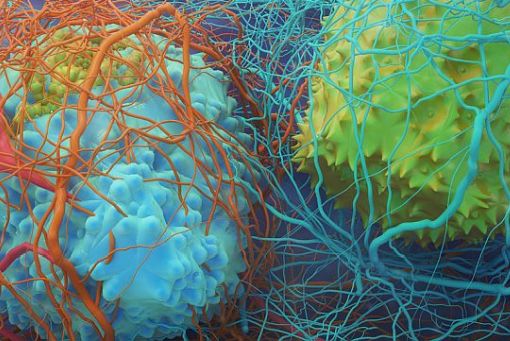
Insights Into Diffuse Large B-Cell Lymphoma (DLBCL)
Perspectives on drivers in treatment decisions in the management of DLBCL, perception of various therapeutics, and understanding of the current and future treatment landscape
Faculty Chair
Nikesh Shah, MD
Tampa General Hospital, Tampa, FL, USA
Faculty Chair
John Burke, MD
Rocky Mountain Cancer Centers, Aurora, CO, USA
Faculty Chair
Amitkumar Mehta, MD
University of Alabama, Birmingham, AL, USA
Faculty Chair
Mazyar Shadman, MD
Fred Hutchinson Cancer Center, Seattle, WA, USA
Faculty Chair
Shazia K. Nakhoda, MD
Fox Chase Cancer Center, Philadelphia, PA, USA
Faculty Chair
Nirav Shah, MD
Stanford University School of Medicine, Stanford, CA, USA
More Information
- Tampa, FL
- Florida
More Information
- Scottsdale, AZ
- Arizona, Colorado, Nevada, New Mexico, Southern California, Utah
More Information
- Atlanta, GA
- Alabama, Florida, Georgia, Kentucky, Mississippi, North Carolina, South Carolina, Tennessee, Virginia, West Virginia
More Information
- Dallas, TX
- Arkansas, Kansas, Louisiana, Missouri, Oklahoma, Texas
More Information
- Philadelphia, PA
- Connecticut, Delaware, District of Columbia, Maine, Maryland, Massachusetts, New Hampshire, New Jersey, New York, Pennsylvania, Rhode Island, Vermont
MORE INFORMATION
- San Diego, CA
- California
MORE INFORMATION
- Chicago, IL
- Illinois, Indiana, Iowa, Michigan, Minnesota, Nebraska, North Dakota, Ohio, South Dakota, Wisconsin
REPORT SNAPSHOT
- A moderated roundtable discussion focusing on the treatment of DLBCL
- Disease state and data presentations are developed in conjunction with a national or regional oncology expert
- Insights on the following therapies will be obtained: rituximab, lenalidomide, obinutuzumab, idelalisib, bortezomib, ibrutinib, axicabtagene ciloleucel, and polatuzumab vedotin
GEOGRAPHIC REPRESENTATION & CONTENT DEVELOPMENT
- Data collection is accomplished through use of audience response system questioning and moderated discussion
- The group of advisors comprises 10–15 medical oncologists representative of each region
